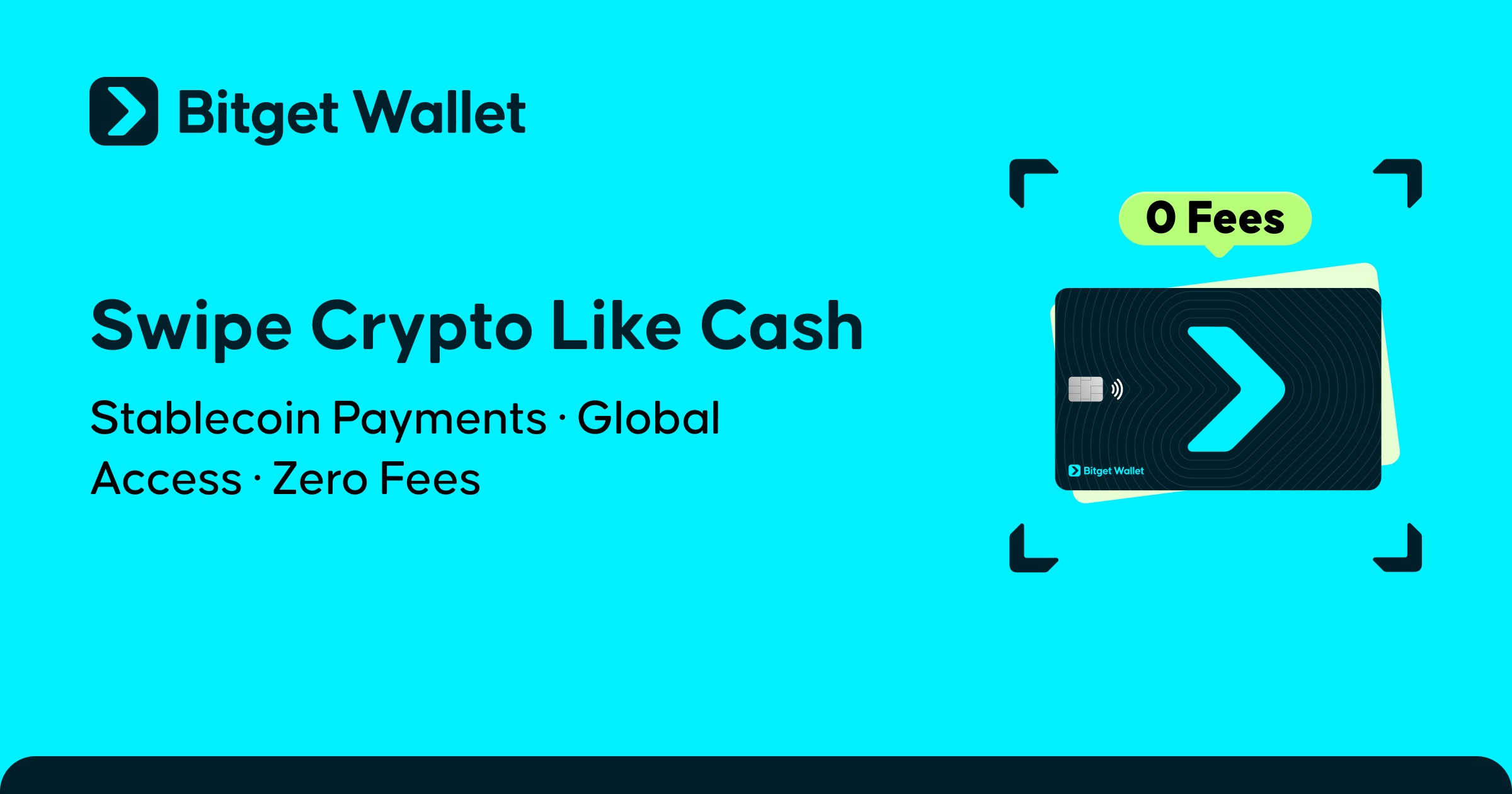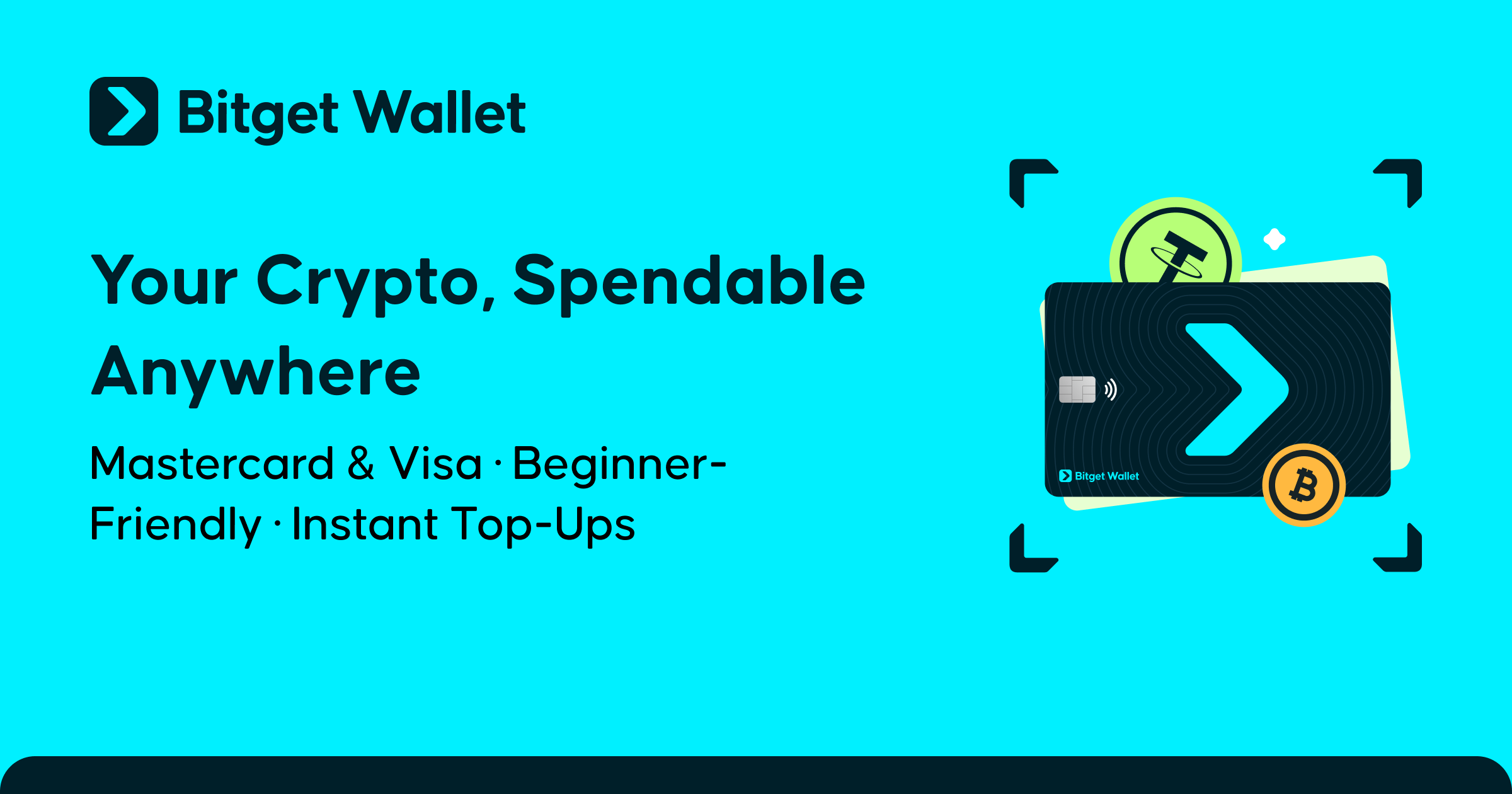What is Zeus Network? Features, Pricing & How It Works

Decentralized Finance (DeFi) has exploded in popularity in recent years, providing exciting new financial tools and opportunities outside the existing system. Nevertheless, many DeFi applications are held back by the limitations of their underlying blockchains.
While Bitcoin, the original cryptocurrency, is renowned for its strong security, it struggles with scalability and transaction speed. This is where Zeus Network steps in, offering a novel solution that bridges the gap between blockchains like Bitcoin and Solana.
Zeus Network is a decentralized network that promotes cross-chain interoperability by combining the security and liquidity of Bitcoin with the speed and efficiency of Solana. This beginner's guide will dig deeper into Zeus Network's core components and its native ZEUS token, as well as explore how it's set to transform the DeFi scene.
What Is Zeus Network?
In essence, Zeus Network is a decentralized, permissionless communication layer that seamlessly bridges the Bitcoin and Solana blockchains. This unique protocol utilizes both chains' strengths, which include Bitcoin's security and massive liquidity, and Solana's fast transaction processing and scalability.
By enabling communication between Bitcoin and Solana, Zeus Network unlocks a whole new world of possibilities for decentralized applications (dApps), notably in the DeFi space.
Developers can leverage this interoperability to create innovative financial products and services that were not possible before. For instance, imagine Solana-based DeFi applications that can directly access and utilize Bitcoin's liquidity, all thanks to Zeus Network.
The cherry on top is that this synergy is done without relying on traditional wrapped tokens, which might introduce extra risks and complications. Instead, Zeus Network enables trustless communication over encrypted channels, assuring the integrity and security of cross-chain transactions.
More✨>> What Is Zeus Network (ZEUS)? Solana-Bitcoin Cross-Chain Solution
How Does Zeus Network Work?
Zeus Network employs a sophisticated yet elegant architecture to achieve seamless cross-chain communication between Bitcoin and Solana. The system relies on two primary components:
-
Zeus Node: This handles critical off-chain services, including peer-to-peer communication, transaction signing, broadcast mechanisms, and managing the verifier registry.
-
Solana Virtual Machine (SVM): This manages the on-chain state and logic of the Zeus Network. Within the SVM, specialized programs handle tasks like verifier registration, proposal management, and transaction adjudication.
To understand how Zeus Network facilitates the asset transfers between Bitcoin and Solana, let's break it down into four key steps:
Step 1: Proposing Transactions And Storage
The process starts when a user initiates a cross-chain transaction. This transaction, in its generic form (not particular to Bitcoin or Solana), is proposed and stored on the Solana blockchain. This initial proposal contains details such as the source and destination chains, assets involved, and transfer amounts.
The Proposal Management Program inside the SVM manages these transaction proposals. This stage is critical since it takes place off-chain, thereby leveraging the efficiency of the Zeus Nodes. This ensures that the initial proposal and gathering of necessary information do not overload the Solana network.
Step 2: Validating And Combining Signatures On The Zeus Layer
Once a transaction is proposed, a network of verifiers comes into play. These verifiers are in charge of confirming the transaction and guaranteeing its legitimacy.
They use a threshold signature system that leverages Solana’s Ed25519 and Bitcoin’s taproot. This system warrants a specific number of verifiers to agree on the transaction's validity before it can proceed.
Verifiers stake SOL tokens to participate and are incentivized to act honestly. If they attempt to validate a fraudulent transaction, they risk losing their stake. This mechanism maintains the integrity of the cross-chain bridge.
Step 3: Sending Signed Transactions To Designated Blockchain
After successful verification and signature aggregation, the transaction is ready for finalization. It is now converted into a blockchain-specific format (either Bitcoin or Solana) and sent or broadcasted to the network.
This stage involves Zeus Nodes communicating with the respective blockchain via their broadcast services. Essentially, the validated transaction is submitted to the target chain and included in a block, completing the value transfer.
Step 4: Safeguarding Cross-Chain Communication
To further enhance security, Zeus Network incorporates a fraud-proof mechanism called the “slashing program.” This enables any network participant to challenge a transaction that they feel is invalid. If a fraudulent transaction is uncovered, the verifiers who approved it are penalized, and the transaction is reverted.
This fraud-proof approach serves as the final line of defense, ensuring the cross-chain bridge's continued integrity and security. It incentivizes all participants to act honestly and helps maintain the trustless nature of the Zeus Network.
What Benefits Does Zeus Network Offer?
Zeus Network offers many benefits to both users and developers in the DeFi market. The following are some notable advantages:
-
Enhanced liquidity: By bridging Bitcoin and Solana, Zeus Network unlocks Bitcoin's vast liquidity pool for DeFi applications on Solana. This influx of liquidity can lead to more robust and innovative financial products and services.
-
Faster transactions: Solana is well-known for its high transaction speeds, a significant advantage over Bitcoin's slower network. Zeus Network allows users to leverage this speed for Bitcoin-related transactions, making DeFi applications more efficient and user-friendly.
-
Augmented security: Zeus Network prioritizes security by utilizing Bitcoin's robust security infrastructure. This approach mitigates risks associated with traditional wrapped tokens and bridge hacks, providing users with greater peace of mind.
-
Improved interoperability: Zeus Network fosters a more interconnected DeFi ecosystem by enabling seamless communication between Solana and Bitcoin. This interoperability fosters the development of exciting cross-chain applications and services.
What’s Next For Zeus Network?
Zeus Network's future looks bright with ambitious plans for expansion and new features. The development team is presently working on many major projects, including:
-
Apollo: This protocol will enable users to stake or wrap their Bitcoin within the Solana DeFi ecosystem, opening up new yield farming opportunities.
-
Artemis: The feature aims to optimize liquidity provision by facilitating seamless transfers of liquidity between Solana and Bitcoin.
-
Cross-chain NFT tools: Zeus Network plans to introduce instruments for creating and exchanging NFTs across both Bitcoin and Solana, thereby expanding the possibilities for digital asset ownership and innovation.
-
Decentralized stablecoins: The cross-chain platform also intends to support the creation of stablecoins collateralized by Bitcoin to further enhance the utility and stability of the DeFi ecosystem.
More about Bitcoin(BTC) Wallet
Explaining ZEUS Token
ZEUS is Zeus Network’s native utility token. It is vital to the platform's operation, security, and governance. With a total supply capped at 1 billion tokens, ZEUS has a well-defined distribution model and serves various purposes within the network.
ZEUS Use Cases
The ZEUS token has several key utilities:
-
Governance: ZEUS holders can actively participate in the governance of the Zeus Network. They can vote on proposals related to network upgrades, new features, and overall development, ensuring a community-driven approach.
-
Network fees: ZEUS is used to pay for transaction fees on the network. This helps to sustain the network's operations and incentivize users to contribute to its security.
-
Accessing network features: ZEUS can be a must-have item to access certain features or services within the Zeus Network ecosystem. This could include premium features or advanced functionalities.
-
Security: Users can utilize ZEUS tokens to enhance security features within the platform, contributing to a more robust and secure environment for all participants.
ZEUS Tokenomics
The distribution of ZEUS tokens is strategically allocated to ensure a balanced and sustainable ecosystem:
-
Early backers: 10%
-
Jupiter launchpad: 5%
-
Ecosystem and community growth: 40%
-
Foundation reserve: 20%
-
Team: 15%
-
Liquidity: 5%
-
Advisors: 5%
Each allocation category has specific vesting schedules and lock-up periods to avoid abrupt token dumps and promote long-term stability. This well-defined tokenomics strategy intends to create a robust and vibrant ecosystem for all ZEUS holders.
To fully leverage the potential of Zeus Network and the ZEUS token, you need a secure and reliable crypto wallet. Bitget Wallet is an excellent choice, offering top-notch security features and seamless integration with various DeFi platforms. With Bitget Wallet, you can easily manage your ZEUS tokens, participate in governance, and explore the exciting world of cross-chain DeFi with confidence.
- What Is Moore Threads and Why China Thinks It Could Be the Next Nvidia?2025-12-09 | 5 mins


















